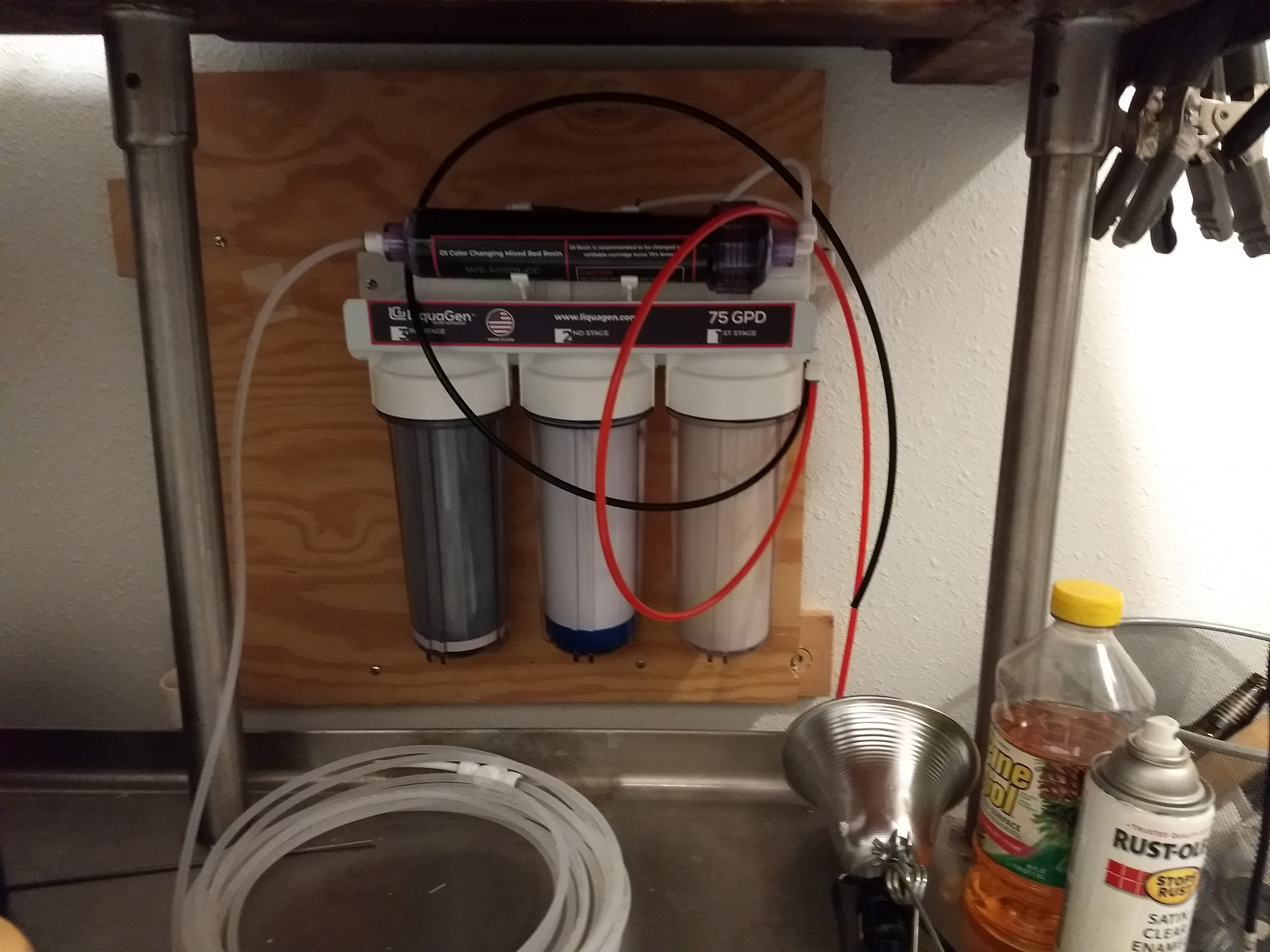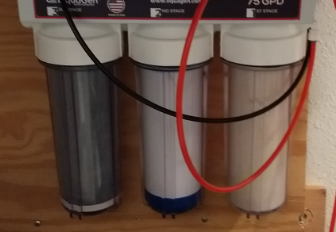VirginiaHops1
Well-Known Member
I feel your pain OP. Safeway closed their filling station near me I often use but Wholefoods still has theirs open for now at least. I was already planning on getting a small RO system eventually but this will motivate me to do it faster, like as soon as possible.














































![Craft A Brew - Safale S-04 Dry Yeast - Fermentis - English Ale Dry Yeast - For English and American Ales and Hard Apple Ciders - Ingredients for Home Brewing - Beer Making Supplies - [1 Pack]](https://m.media-amazon.com/images/I/41fVGNh6JfL._SL500_.jpg)











